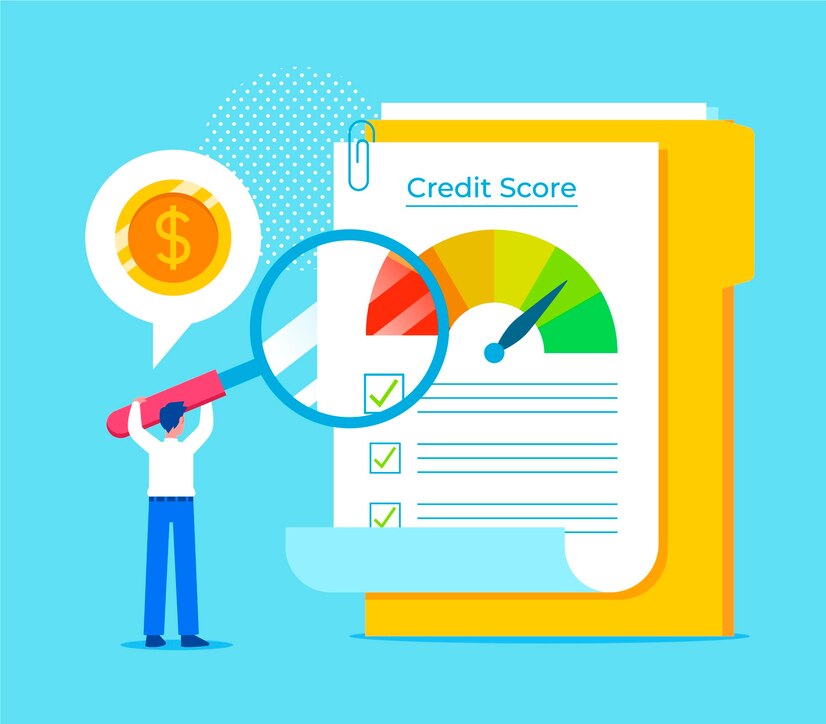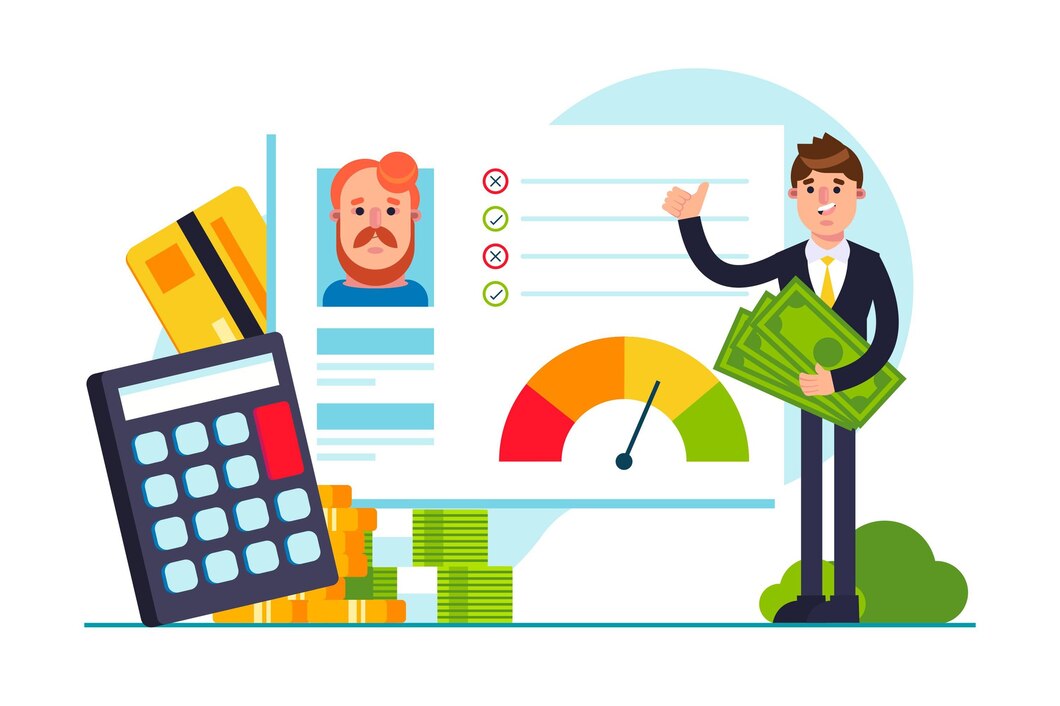Your credit report is a comprehensive record of your credit history and is used by lenders to assess your creditworthiness. It includes information such as your payment history, amounts owed, length of credit history, new credit, and types of credit used. However, many aspects of your personal and financial life do not appear on your credit report. Understanding what is and isn’t included can help you better manage your finances and protect your privacy.
Apply for your new Airtel Axis Bank Credit Card from Airtel Finance using the Airtel Thanks app today! Get benefits such as low joining fees, low interest rates, relaxed eligibility criteria and much more.
Personal Identifiers
While your credit report includes basic personal information like your name, current and previous addresses, and date of birth, it does not contain other personal details. For instance, you won’t find your race, religion, ethnicity, political affiliation, medical history, or criminal record on your credit report. This ensures that credit decisions are based solely on financial behaviour rather than personal characteristics.
Income Information
Your credit report does not include details about your income, salary, or wages. Although your income is an important factor in determining your ability to repay debt, it is not part of your credit history. Lenders may ask for this information separately when you apply for credit, but it will not appear on your credit report. Additionally, other assets or net worth are not listed, which means the report focuses purely on your credit behaviour and not your overall financial status.
Read more: CIBIL score for credit card – minimum and maximum
Bank Account Balances and Transactions
Credit reports do not show your bank account balances, savings, or checking account activities. While your credit report will list credit accounts like credit cards, loans, and mortgages, it does not track the details of your day-to-day banking transactions. Overdrafts, the number of accounts you hold, and the specific transactions within those accounts are not part of your credit report. This separation ensures that your banking privacy is maintained and that your credit report focuses on credit-related behaviour.
Utility and Rent Payments
Payments for utilities like water, gas, electricity, and rent generally do not appear on your credit report unless they are reported to the credit bureaus. Most utility companies and landlords do not report to credit bureaus, so these payments typically won’t affect your credit score. However, if you fail to pay your utility bills or rent and the account goes into collections, this negative information could be reported and impact your credit report.
Read more: How to get a credit card with a low CIBIL score in India?
Medical Bills and Insurance Information
Your credit report will not include specific details about your medical history, treatments, or insurance information. While unpaid medical bills that are sent to collections may appear on your credit report, the report will not specify the nature of the medical services received. This ensures that sensitive health information remains private and is not used in credit decisions.
Public Assistance Information
If you receive public assistance or benefits such as food stamps, or unemployment, this information is not included in your credit report. Your receipt of these benefits has no direct impact on your credit score or history. Lenders are not allowed to consider this information when making credit decisions, ensuring that your creditworthiness is judged solely on your financial behaviour.
Read more: Factors that determine your credit score

Credit Counselling Participation
Participation in credit counselling programs is not reported to credit bureaus and thus does not appear on your credit report. While these programs can help you manage debt and improve your financial situation, they remain confidential. However, if the program involves negotiating lower payments or settlements with creditors, the changes to your payment status may be reported and could impact your credit report indirectly.
Marital Status
Your credit report does not include your marital status. While joint credit accounts held with a spouse will appear on both individuals’ credit reports, the report itself does not indicate whether you are married, single, divorced, or widowed. Each person’s credit report is independent, although joint accounts will affect both credit reports.
FAQs
Q: Can my employment history affect my credit report?
A: Your credit report may list your current and previous employers as part of your personal information, but it does not include details such as your job title, salary, or employment history. Employment information is not used in calculating your credit score.
Q: Will my student loans appear on my credit report?
A: Yes, your student loans will appear on your credit report as part of your credit accounts. The report will show the loan amount, payment history, and current status, which can affect your credit score.
Q: Are my investment accounts included in my credit report?
A: No, investment accounts like stocks, bonds, mutual funds, and retirement accounts do not appear on your credit report. Your credit report focuses solely on credit accounts and does not track investments or their performance.
Q: Does my credit report show my mortgage payments?
A: Yes, mortgage payments are included in your credit report. The report will show the mortgage amount, payment history, and any missed or late payments, which can impact your credit score.
In conclusion, while your credit report contains comprehensive information about your credit history and financial behaviour, it does not include many personal and financial details. Understanding what is not included in your credit report can help you maintain privacy and focus on the aspects of your financial life that directly impact your credit score.


 Get App
Get App  Airtel Store
Airtel Store  Login
Login 


